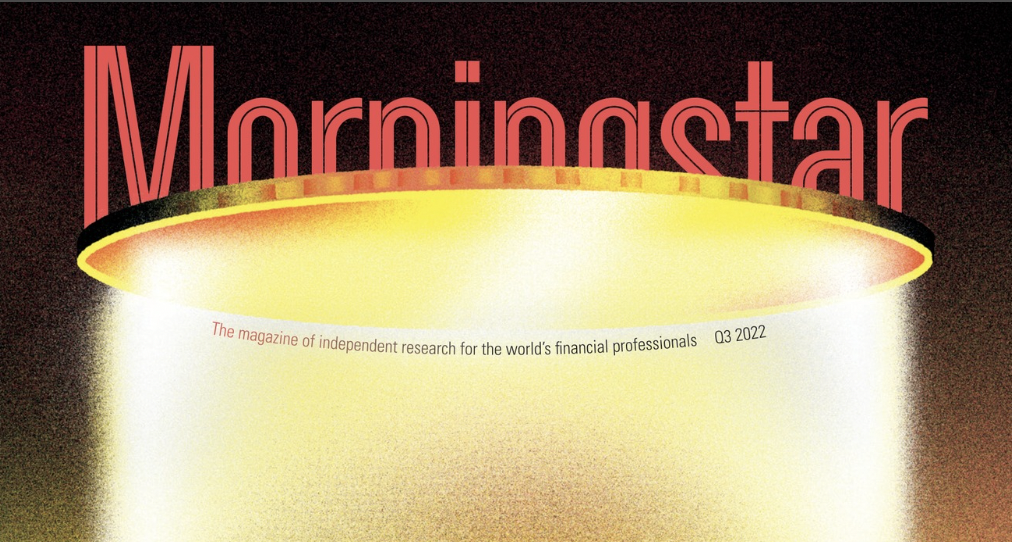The regulation of stablecoins has undergone a dramatic shift. On June 17, the Senate passed the Genius Act with bipartisan support, a sweeping stablecoin bill creating federal frameworks for dollar-pegged stablecoins. The Stable Act, which is a substantively similar bill in the House, passed out of a committee vote in April and is waiting to be brought to the House floor for a final vote. Although the bills are similar in substance, there may need to be negotiations between the House and Senate to reconcile meaningful differences.
True investor protection involves proactively creating a predictable regulatory regime.
Written by the SCA team and published in Advisor Perspective.
As the blockchain ecosystem develops and new cryptocurrencies spawn, investors are attempting to diversify their holdings to effectively capture the crypto market. After investors determine how much of their portfolios they want to dedicate to cryptocurrencies, a question soon follows: Which cryptocurrencies should constitute those holdings?
Investing in cryptocurrency comes with many risks. While some risks, like extreme price volatility, have become well-known and well-understood by the general public, others remain obscure and leave retail investors potentially vulnerable. From June 2020 to June 2021, 13% of Americans purchased or traded cryptocurrencies, according to a University of Chicago survey.




